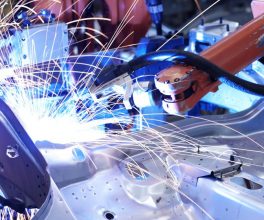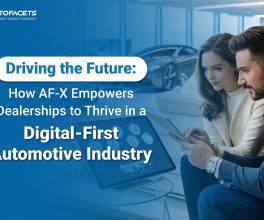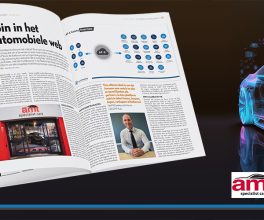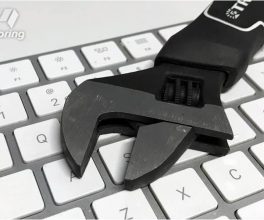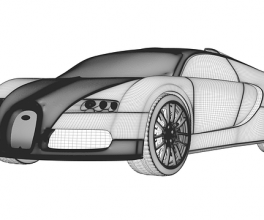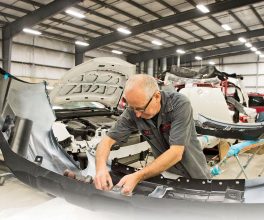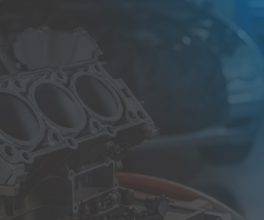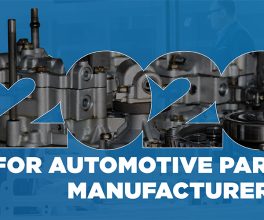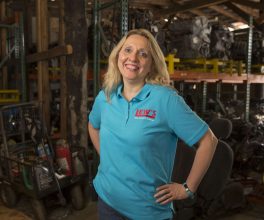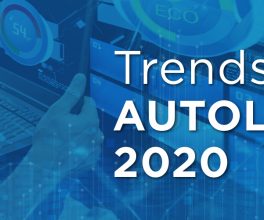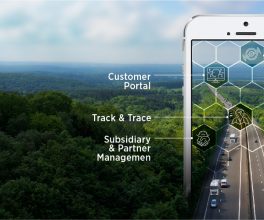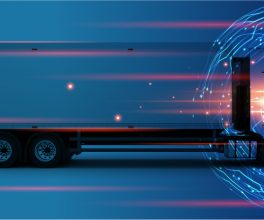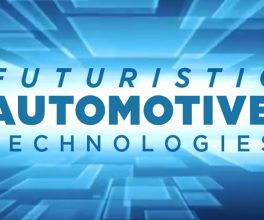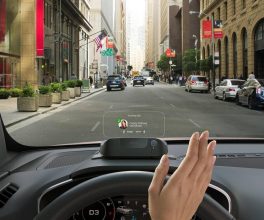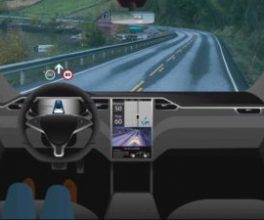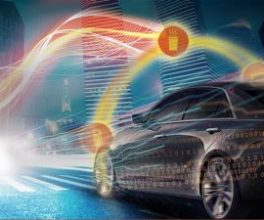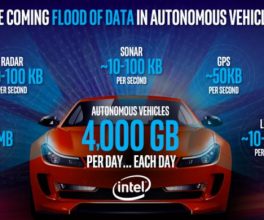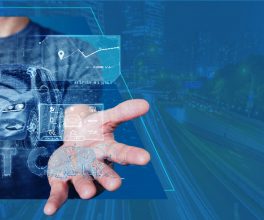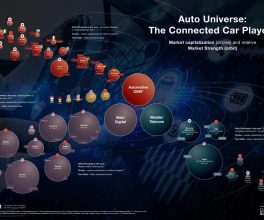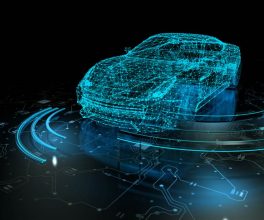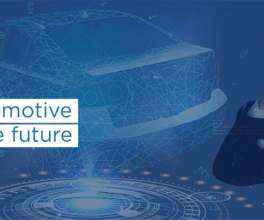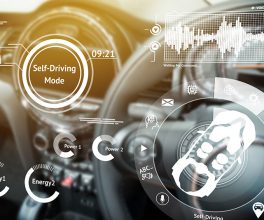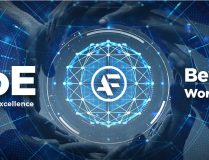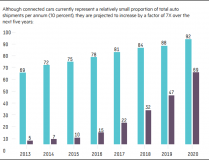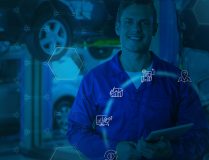The automotive industry has embraced several technological advances off late, but the rapid pace of adoption has put several auto original equipment manufacturers (OEMs) in jeopardy, especially to keep up with the new ones. Connected cars, autonomous vehicles and many more are being introduced by car manufacturers with 5G connectivity dictating narratives around in-car experiences and car-sharing offering a new business model to several companies. Automotive manufacturers are now trying to incorporate another transformational technology: Blockchain.
Blockchain technology in the industry is not only about the transformation of OEMs’ working model but also about the changes that will be brought about in diverse business models.
Here is how blockchain would impact OEMs in the automotive sector as consumers:
- Efficient Digital Tracking
Automotive companies rely on customer’s trust in the quality of their offerings and their brand. Blockchain offers digital tracking of their product’s development including the source of material, manufacturing process, maintenance history, design quality, production data, etc. Using blockchain, several supply chain partners can corroborate the authenticity, purchase and license use of their products.
- Insurance control and smart contracts
With evolution of vehicles as ‘smart’ vehicles, all underlying business models will go through change with blockchain. Car insurance will be more on-demand and dynamic and based on real-time vehicle data. Smart contracts would allow cars and vehicles to choose their insurance policy. A vehicle would enforce leasing payments and decline any service on payment failure.
- Supply chain efficiency
The automotive sector has several ERP systems that manage manufacturing process, while generating loads of vehicle data consistently, communicating with several other systems and data feeds. Blockchain simplifies the bloatware, reducing the risk of two or more systems with conflicted information and enforcing a single source in real time, eliminating inconsistencies between systems. Blockchain can hence work for faster regulatory and compliance approvals with its ability to validate electronic parts. Suppliers can implement every part with secure and unique digital identity and its own tracking system. An encrypted record would be stored in the ledger, ensuring immediate identification of any fraudulent parts being used. It offers a unique validation method and V2X security issues thus making vehicles invulnerable to hacking, and thus an ideal data record for critical information.
Toyota recently offered support for blockchain as enabler for vehicles for carrying out transactions autonomously across multiple constituencies.
- IoT and Automotive Interactions
Autonomous cars with billions of devices communicating with one other require all transactions to be shared on an immutable, shared, secured, and authenticated database with role-based stringent accessibility measures. A shared ledger between automotive OEMs, distributors, mechanics, dealers, insurance providers, and all other stakeholders could support car parts to autonomously sense its requirements and needs. A car could ask for immediate repairs, contact nearby suppliers for replacements, authenticate technicians, and process payments too.
Renault recently piloted a digitized car maintenance program using blockchain as shared ledger to log repairs and maintenance history in one single canopy. They are now preparing their next pilot to integrate IoT with value exchange too. Oaken Innovation also introduced blockchain-enabled tollbooth for Tesla cars to pay as they pass through toll booths automatically with ethereum nodes, while smart contracts dictate and trigger machine-to-machine (M2M) transactions.
Gateway Group’s AutoFacets expects automotive OEMs to take rapid steps toward blockchain implementation as industry leaders like Toyota and Daimler AG accelerating their efforts. The company is working on multiple use case categories, extracting value from distributed ledgers and shared ones among one another, under its efforts geared under its innovative ICT Framework for ultimate car connectivity.
Connect with team AutoFacets to learn more. Email – info@autofacets.com.

